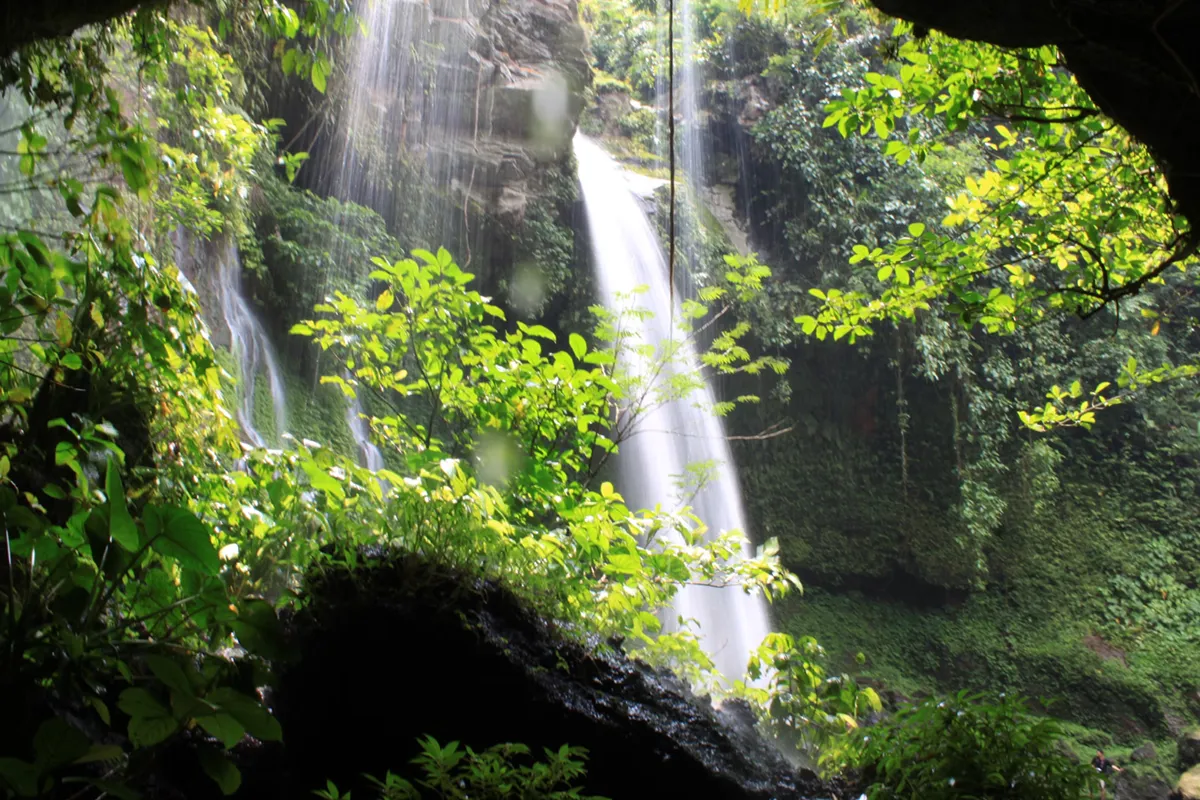How tourism can contribute to efficient and responsible water management

Why is this challenge important?
The FiturNext 2026 Challenge focuses on how tourism can contribute to efficient and sustainable water management.
Water is an essential resource for life and plays a crucial role in daily activities, including those related to tourism such as hotels, restaurants and recreational activities. Excessive water consumption, over-exploitation of water resources, intensive water stress and water pollution not only affect local communities, but can also be detrimental to ecosystems and economies in tourism-dependent regions.
According to UN Tourism, tourism can play a crucial role in achieving access to water and water security, as well as hygiene and sanitation and health for all. Efficient water use in the tourism sector, coupled with appropriate safety measures, wastewater management, pollution control and technological efficiency, can be key to safeguarding one of our most precious resources.
In the area of tourism, the challenges are intensifying. While in Europe, the average citizen consumes 128 litres per day, a tourist consumes between 450 and 800 litres per day. This high consumption can lead to tensions with local communities. Increasingly, however, new best practices are emerging as a key tool for managing water resources efficiently, in a context of growing concern about climate change and tourism pressure.
For all these reasons, the FiturNext Observatory launches the 2026 challenge in harmony with Sustainable Development Goals 1, 3, 6, 11, 12, 13, 14, 15 and 17 in order to find good tourism practices that contribute to the efficient and sustainable management of water in the tourism sector.

Applications to the FiturNext 2025 challenge
Applications to the 2026 Challenge will be structured on the basis of the following categories of impact and contribution to the challenge:
- Destinations and other territories: Aimed at those territorial administrative entities that have focused their efforts on improving food management in the tourism sector.
- Horeca and transport sector: Aimed at organisations of any kind in the hotel, catering, cafeteria and transport sub-sectors that have implemented food management optimisation measures.
- Other actors in the food value chain: Aimed at all cross-cutting actors in the tourism food chain who promote good practices in food sustainability.
The deadline is 31 August 2025.
The projects that reach the final will participate in the activities that will take place at our Fitur 2026 stand and subsequent actions and will benefit from the visibility provided by being part of the FiturNext community thanks to its impact on the media and the synergies created among its participants.



